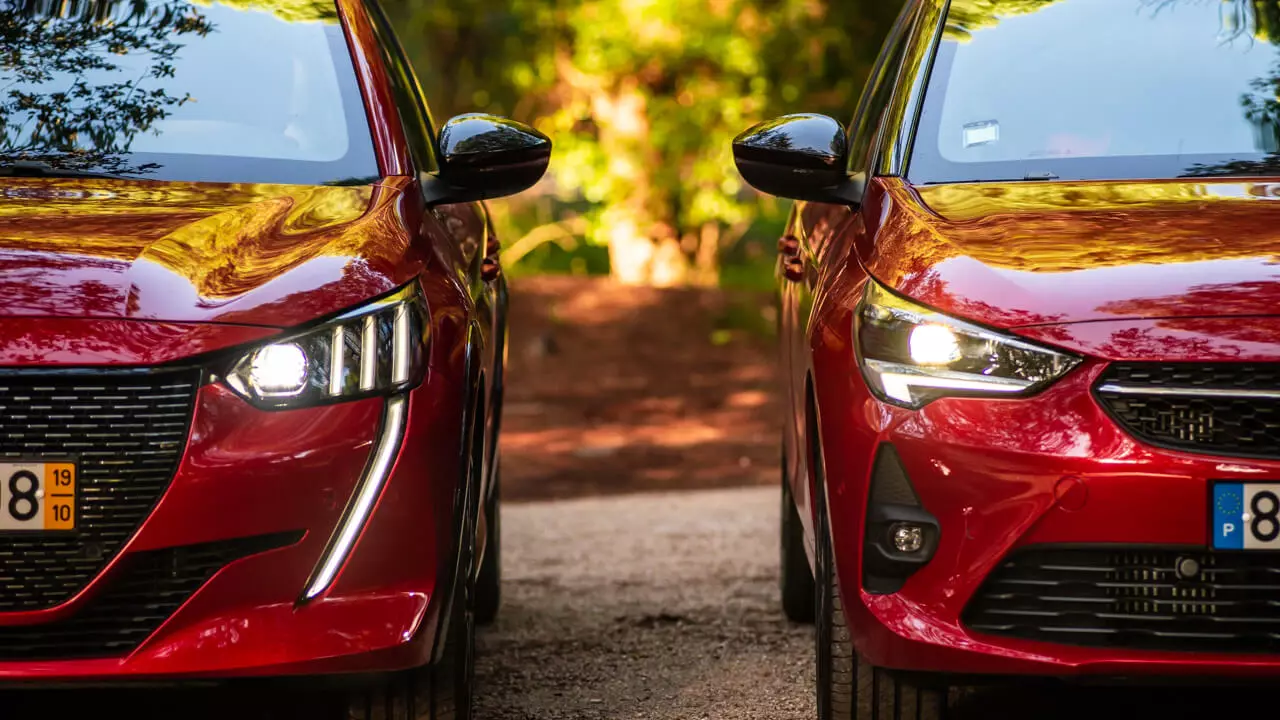THE 2020 state budget in the field of car taxation, it shows slight increases in the values of the installments (0.3-0.4%, at the level of inflation), but it is in the ISV (tax on vehicles) that we see the biggest differences, as well as in autonomous taxation.
In the case of the ISV, the tables now presented, specifically those related to the environmental component (CO2 emissions), reveal reformulated levels.
The emission levels are now identical, regardless of whether it is a gasoline engine or a diesel engine, although the values of the installments (in euros) are different between them.

There are also two tables for each type of engine, namely those corresponding to vehicles homologated in accordance with the NEDC protocol and another for those homologated in accordance with the WLTP - the temporary table for reducing CO2 emissions for vehicles homologated by the WLTP standard that was in force in 2019 disappears, thus, in 2020.
Cheaper diesel? Some yes
As a side effect, the reformulation of the emission levels in the 2020 State Budget will allow, albeit with some irony, that diesel vehicles with lower emissions are penalized less in 2020 than in 2019, by fitting into a lower level, which can lead to some price drops.Subscribe to our newsletter
However, as a counterpoint, the fee of 500 euros related to the emission of particles from Diesel engines is now applied to all those that exceed the value of 0.001 g/km (down from the current 0.002 g/km). As of 2020, this rate will also be applied to light commercial vehicles, although the value will be reduced to 250 euros.
There is an additional 10% discount on the ISV for vehicles with seven seats, over 2500 kg gross weight and without four-wheel drive.
Finally, with regard to displacement, the values were not updated in the first two levels, that is, for engines up to 1250 cm3, but above this capacity, the rate per cm3 increased by 0.02 euros. Also the portions of the values to be deducted are slightly more generous, which means that below 1.25 l, the value of ISV will be lower.
IUC
The IUC (Unique Circulation Tax) does not change either in terms of levels or age coefficients. The only change is even in the amounts payable, which will increase by 0.3%. Diesels still have to pay an additional tariffed amount.
for companies
In the case of companies, the 2020 State Budget proposes that the lowest autonomous tax rate, 10%, should cover vehicles up to 27,500 euros, against the 25,000 euros so far. Consequently, in the second tier of 27.5%, which comprised vehicles between €25,000 and €35,000, it is thus reduced to a lower level, comprising vehicles between €27,500 and €35,000.
These changes are also reflected in hybrid vehicles, with the 5% rate being extended to vehicles with a value of 27,500 euros, with the second tier of 10% seeing its range reduced for vehicles between 27,500 euros and the 35 thousand euros. In the case of natural gas vehicles, we see the same changes in car values, with rates remaining at 7.5% and 15%.

One of the novelties for companies lies in deducting from the IRC all the VAT on electricity used to charge hybrid and electric vehicles. This measure joins the existing one for Diesel vehicles, where it is possible to deduct 50% of the VAT on diesel, if certain conditions are met.
Naturally, these measures of the 2020 State Budget will come into effect if approved in the final global vote that will take place on February 7th.
